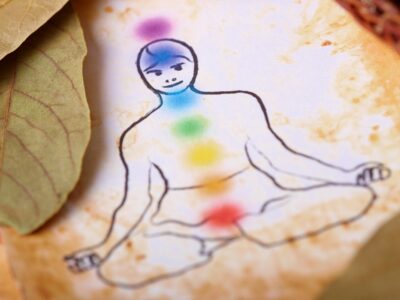It is Just a Suggestion, Not a Demand.
Unveil the transformative power of the Zentangle Method’s “Elegance of Limits,” embracing structure and freedom to ignite your artistic journey and unlock boundless creativity.
It is Just a Suggestion, Not a Demand. Read More »












